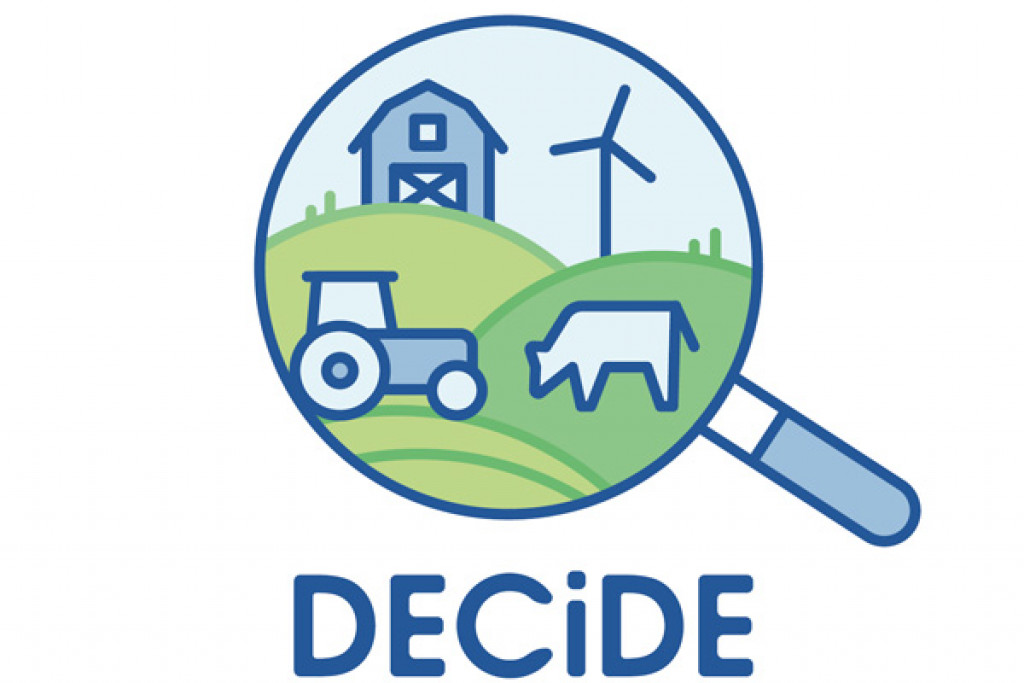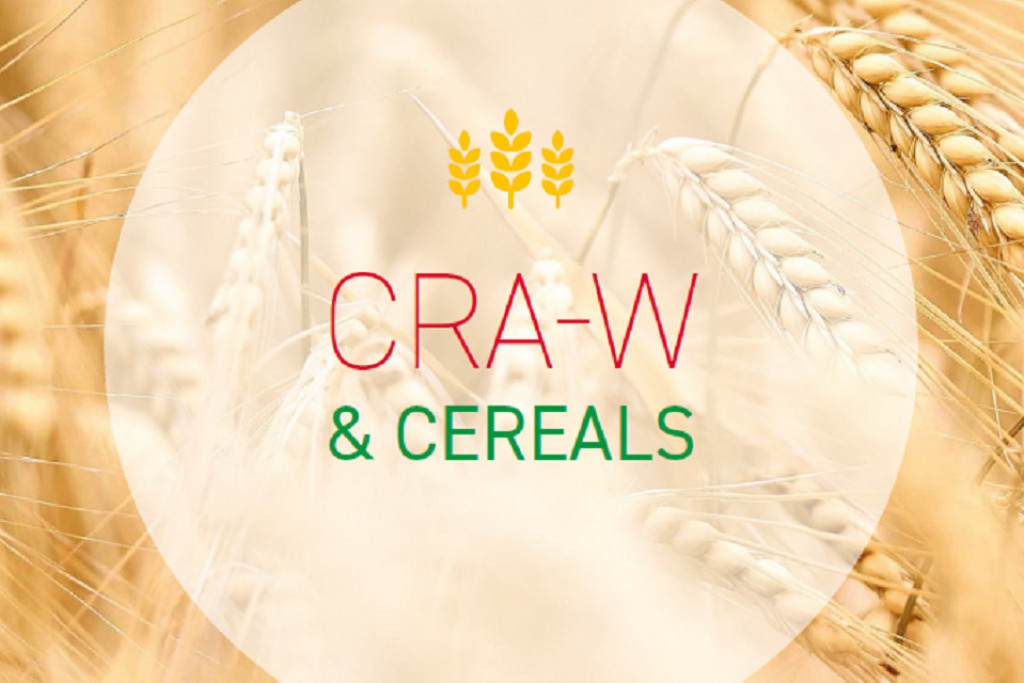The agricultural sector is at the heart of environmental issues that need to be quantified in order to encourage a transition to more sustainable production methods. In 2019, agriculture was responsible for 12% of Wallonia's greenhouse gas (GHG) emissions, mainly in the form of methane and nitrous oxide. These emissions originate from agricultural practices, particularly livestock breeding and the use of fertilisers. Agriculture is also responsible for nitrogen emissions into the environment and has various other impacts, the extent of which depends on the production method. Conversely, agriculture is also a source of ecosystem services (tackling erosion, biodiversity, etc.) which are of prime importance to our society. The ability to quantify the impact of agricultural practices on the environment has therefore become a priority, and we need to be able to do this for all activities on our territory.
Today, the DECiDE tool can be used to assess greenhouse gas (GHG) and ammonia emissions, as well as energy consumption on farms. It is suitable for field crops, dairy and meat cattle, and mixed farming operations. In order to broaden the analysis and address the overall sustainability of farms, new indicators such as the evaluation of agroecological areas, the nitrogen balance and an economic section have been added to DECiDE.
The most common ruminants in Wallonia are cattle. In recent years, however, there has been growing interest in sheep and goat farming. In 10 years, the number of professional sheep farms has multiplied by 1.7, from 320 breeders in 2010 to 541 in 2020 (SOCOPRO, 2019). Despite this growth, Wallonia has the lowest rate of self-sufficiency for sheep meat in Europe, offering significant opportunities for development.
To support this positive trend in sheep farming and help farmers improve their environmental performance while controlling their economic performance, DECiDE is extending its scope to include sheep farms: including sheep farming operations for both dairy and meat. In order to better understand the main features of sheep farming practices, we consulted professionals in the sector. These consultations enabled us to identify the data available from breeders, to model these production systems and to gain a better understanding of the constraints and challenges associated with this type of production.
In the future, DECiDE will also include goat farms and monogastric livestock, such as pigs and poultry, in order to cover the main agricultural activities present in Wallonia.









